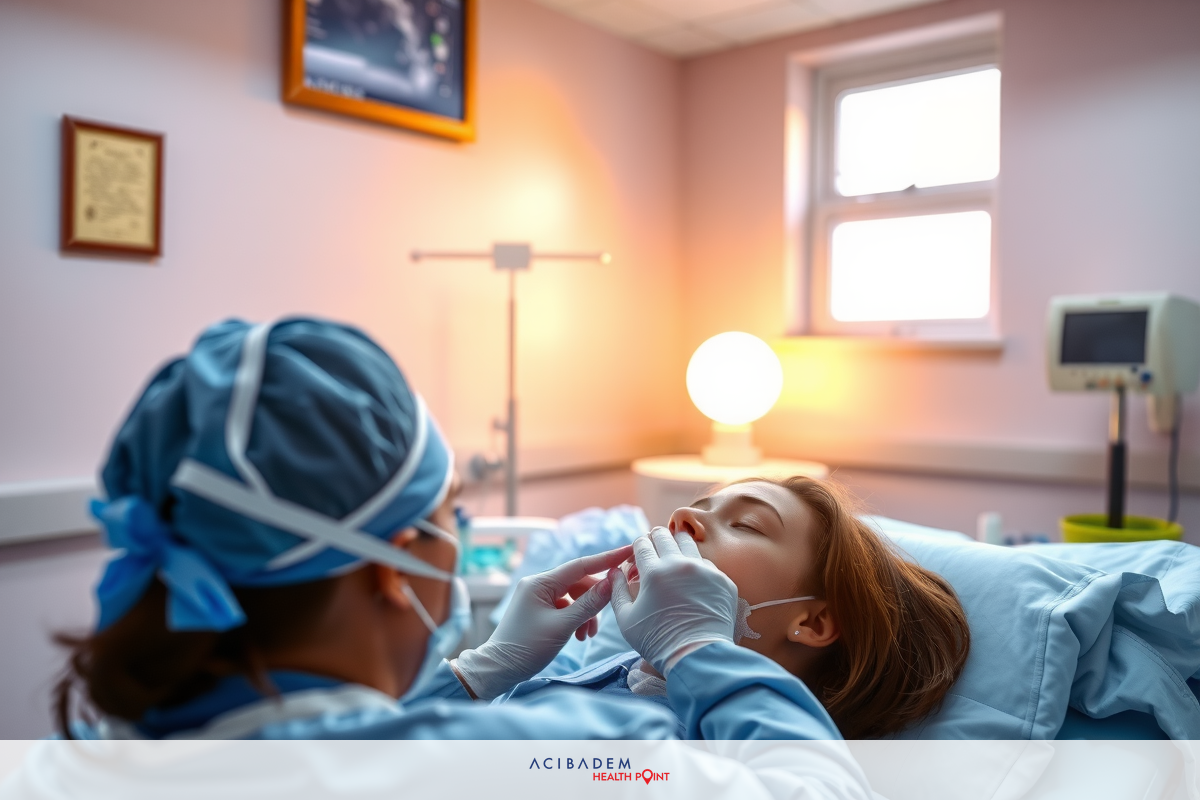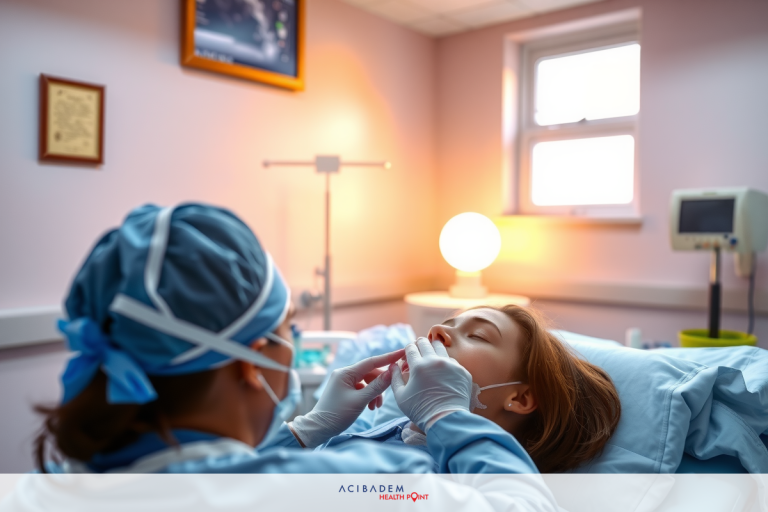When Can I Get My Nose Wet After Rhinoplasty
When Can I Get My Nose Wet After Rhinoplasty Rhinoplasty, a prevalent facial enhancement solution, involves meticulous post-operative care to ensure optimal healing. Many patients question the timeline for certain activities following this surgery, particularly concerning when they can get their nose wet.
One key aspect of recovery is understanding why water contact should be avoided initially. Water can potentially interfere with wound healing and might lead to complications if not properly managed. Thus, adhering to post-operative instructions about keeping the nose dry is essential for smooth recovery.
The conversation around getting your nose wet after rhinoplasty isn’t merely about washing or swimming; it becomes an exploration into self-care after a medical intervention. It’s important then to discuss when you may safely resume normal bathing routines, as this forms part of the larger narrative about restoring normalcy while taking appropriate precautions during the healing process.
Immediate Post-Operative Care
In the journey of rhinoplasty recovery, immediate post-operative care plays a pivotal role. The period directly following surgery is crucial in setting the foundation for successful healing and achieving desirable results. One primary concern during this phase – which many patients may overlook – is the necessity to keep the nose dry, thereby avoiding potential complications that can disrupt or delay healing.
The prohibition against wetting your nose after rhinoplasty isn’t arbitrary; it’s an essential part of postoperative care designed to promote optimal healing conditions. By preventing moisture from coming into contact with your nose you avoid disrupting sutures, dressings or splints that have been carefully placed by your surgeon during surgery. In addition to this, keeping your nasal area dry minimizes chances of infection, which could impede the overall healing process.
Providing specific instructions about when and how you can safely get your nose wet forms a crucial aspect of comprehensive post-rhinoplasty care guidance. This includes details about bathing routines, managing humidity levels at home and modifications needed in grooming habits among other things. Following these guidelines diligently not only aids in efficient wound healing but also helps maintain comfort throughout recovery.
Avoiding Water Contact
The significance of avoiding water contact post-rhinoplasty is a noteworthy aspect of the healing process. It’s not just about keeping your nose dry; there are certain nuances to this directive that patients need to understand. The act of wetting your nose isn’t inherently harmful, but within the context of recent surgery and an open wound, moisture can introduce complications.
Infection risk increases with exposure to water especially in the immediate days following rhinoplasty. Bathwater or even tap water could contain bacteria that might lead to an infection if they come into contact with surgical wounds. Moreover, getting your nose wet may soften protective dressings used post-surgery, reducing their effectiveness and potentially exposing delicate nasal tissues.
Patients should also be mindful about steam and high-humidity environments during the initial stages of recovery as these too can dampen the nose indirectly. Hence, activities like hot showers or visits to saunas must be avoided until you receive clearance from your surgeon. Providing instructions on protecting your nose while bathing or washing face is part of comprehensive post-operative care guidance which aids in successful recovery.
When It’s Safe to Wet Your Nose
The question of when it is safe to wet your nose post-rhinoplasty is a critical one. This milestone in the recovery

process usually comes when healing has progressed sufficiently, and the risk of complications from water exposure has diminished significantly. However, it should be noted that every patient’s healing timeline may vary, depending on individual factors such as overall health status and adherence to post-operative care instructions.
Typically, patients are advised not to submerge their nose or engage in activities that could result in direct contact with water for at least two weeks following surgery. Showers where you can avoid getting your face wet may be permissible sooner than this but always consult with your surgeon before resuming normal bathing routines. Temporary modifications like using a washcloth for facial cleaning instead of splashing water directly can also aid in keeping the nose dry during these initial stages.
Once clearance is given by the medical team overseeing rhinoplasty recovery, reintroducing water into your nasal care routine needs to be undertaken gently and gradually. Remember that while it might now be safe to get your nose wet externally under certain conditions, blowing your nose or trying internal rinses should still be avoided until further advice from healthcare professionals. Following these guidelines will help maintain progress made during healing and continue towards successful rhinoplasty recovery.
Frequently Asked Questions
When can I resume normal showering after rhinoplasty?
The timeline varies, but most patients are advised to wait at least two weeks before resuming normal shower routines. However, this should be confirmed with your surgeon as individual healing rates and other factors may influence this timing.
What happens if my nose gets wet accidentally during the initial recovery period?
If your nose gets wet inadvertently, it's important not to panic. Gently pat dry without applying pressure or disturbing any dressings. Contact your healthcare professional for further advice if you're concerned about potential complications.
Can I use a humidifier while recovering from rhinoplasty?
Humidifiers can help keep airways moist and provide comfort in some instances; however, creating a high-humidity environment that could dampen the nose is not recommended immediately post-surgery. Always consult with your medical team before introducing new elements into your recovery regimen.
How long do I need to avoid swimming after rhinoplasty?
Swimming involves submerging the face in water which isn't advisable until several weeks post-rhinoplasty – typically around one month but can vary based on individual healing progress. Again, getting clearance from your surgeon is essential.











